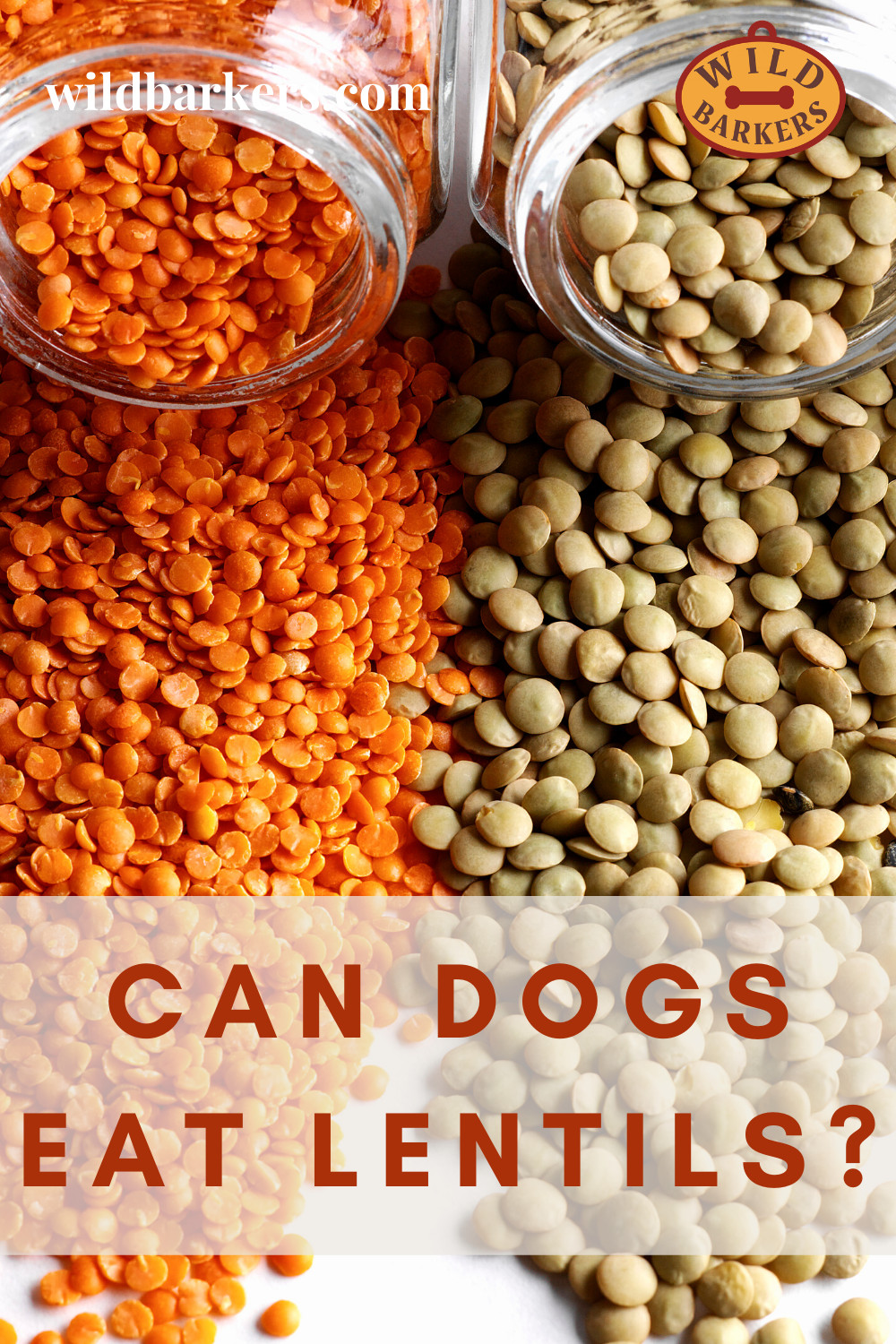

If your dog is suffering from severe blood loss due to a bleeding disorder, injury or surgery, this can result in blood loss anemia.

What are the different types of anemia? Blood Loss Anemia A serious injury or accident can also lead to anemia. If you’re unsure about how often you should worm your cat, it’s best to consult your vet.If your dog has anemia, the disease could indicate that your pet is suffering from an underlying illness or condition.Īnemia happens when your pet’s body does not produce enough haemoglobin or red blood cells, or when your dog suffers severe blood loss as a result of conditions such as stomach ulcers or cancer. It’s extremely important that you keep up to date with regular parasite control to help prevent issues caused by worms, especially in cats that like to hunt. And even indoor cats should still be wormed regularly, as fleas can carry and transmit worm larvae if they are accidentally carried into the house. Worms can lead to your cat losing weight unintentionally, and these parasites can also result in diarrhoea, bloating and vomiting. And, unfortunately kidney failure is quite common in older cats, so if you suspect your cat may have kidney disease, it’s best to book an appointment with your vet ASAP as prompt intervention often results in better outcomes. Other signs of kidney disease in cats include increased thirst and urination, lack of appetite and lethargy. So, as you can imagine, when things go wrong within the kidneys, it can cause a great number of problems, including your cat losing weight. The kidneys are responsible for a great number of jobs within the body, including producing hormones, filtering waste products from the blood, helping to regulate blood pressure and even assisting with the production of new blood cells. If you suspect dental problems are the cause of your cat losing weight, get in contact with your vet, who will advise you on whether your cat needs to be seen. Your cat may display other symptoms such as bad breath, drooling, bleeding from the mouth, trembling of the jaw, food dropping from their mouth, starting to favour soft food over hard or pawing at their mouth. Some of the dental issues frequently seen in cats include gum disease, ‘resorptive’ lesions on the teeth and even tooth fractures. The more typical forms of gastrointestinal issues include inflammatory bowel disease, pancreatitis and cancers of the GI tract. Problems that affect your cat’s gastrointestinal (GI) tract may cause weight loss, as they can result in a reduction in appetite or they can prevent your cat from digesting food properly in order to absorb the nutrients they need. If your cat has this disease, feline diabetes is most commonly managed with insulin and a change in diet. It can be associated with weight loss (as well as weight gain) and a change in appetite, which may also be paired with signs such as excessive drinking and urination, lethargy, urinary tract infections and sweet-smelling breath – so if your cat starts showing any of these symptoms, be sure to get in contact with your vet straight away.

Diabetesĭiabetes in cats is a disease that is caused by the failure to produce insulin or the lack of ability to respond to it. Symptoms other than weight loss may be present which can include a lack of appetite, lethargy, pain and hiding behaviours. Just like in humans, cancer can occur anywhere in the body, with the most common form in cats being lymphoma. Unfortunately, cancer can be a common cause of weight loss in cats, especially in older felines. Generally, this condition is treated with radioactive iodine, oral medications, diet or surgery. Their coat may also start to appear greasy and unkempt.


 0 kommentar(er)
0 kommentar(er)
